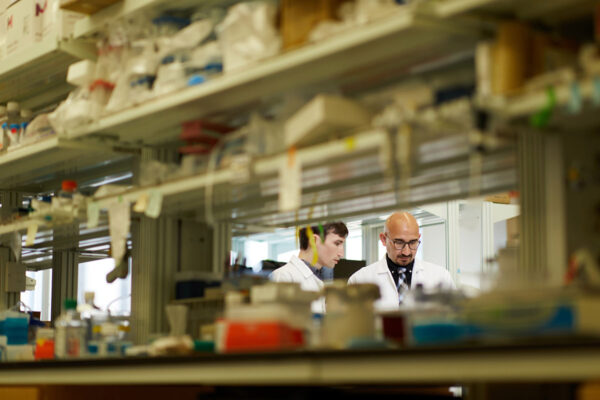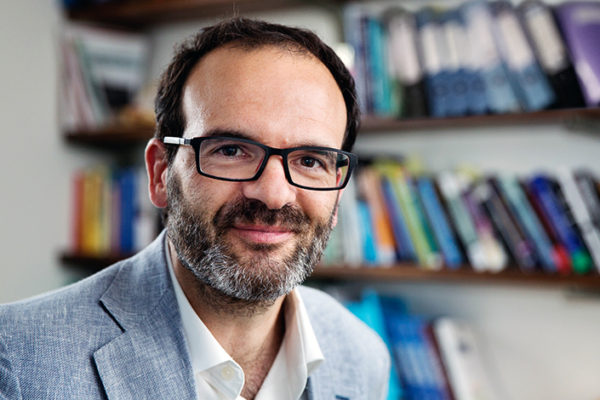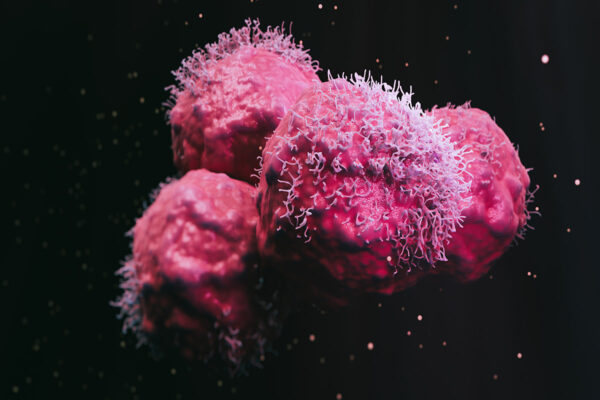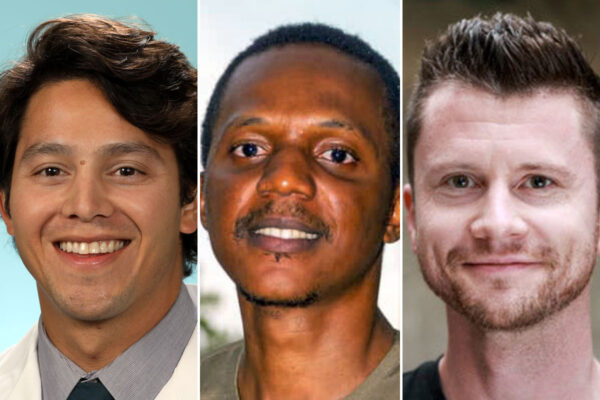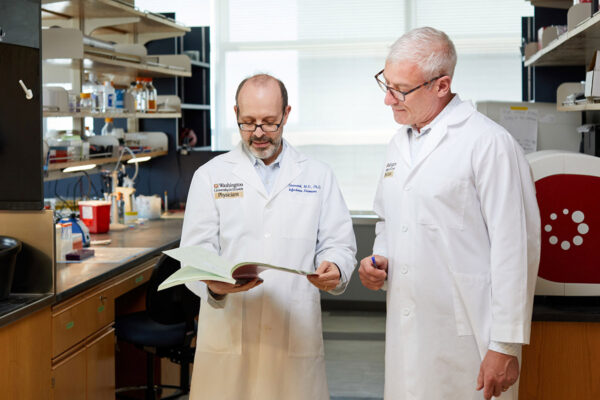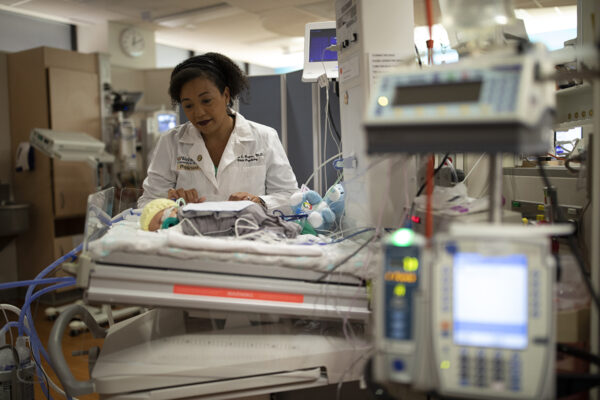Keeping COVID-19 in check likely to require periodic boosters
Vaccinating people with updated boosters as new variants of the virus that causes COVID-19 emerge could shore up population immunity even as the virus mutates, according to School of Medicine research. Such action could prevent another deadly COVID-19 wave.
Small proteins in heart play big role
Two researchers at Washington University in St. Louis took a closer look at the signals that coordinate a heartbeat at the molecular level. What they found may provide new insights into different heart conditions and how to develop better therapies.
In Afghanistan, poverty, lack of education associated with dementia
In a newly published study, poverty was closely associated with higher rates of dementia among older adults in Afghanistan. Jean-Francois Trani, an associate professor at the Brown School, led the research.
Jumping genes in cancer cells open door to new immunotherapies
New research from the School of Medicine suggests that transposable elements in various cancers potentially may be used to harness novel immunotherapies against tumors that don’t typically respond to immune-based treatments.
This is your brain on everyday life
A new study by Zachariah Reagh in Arts & Sciences offers fresh insights into how the brain goes to great lengths to process and remember everyday events.
Researchers receive Alzheimer’s Association funding
Three School of Medicine researchers — Enmanuel Perez, Ibrahim Saliu and Steffen Storck — have received funding from the Alzheimer’s Association for projects that aim to study and make progress against the disease.
Scientists aim to develop vaccine against all deadly coronaviruses
School of Medicine scientists are working to minimize the risk of another devastating coronavirus pandemic by designing a vaccine that reduces sickness and death caused by all potentially deadly coronaviruses, including ones that have not yet affected people. The research is supported by an $8 million grant from the National Institutes of Health (NIH).
Link named oncology division director
Daniel C. Link, MD, a highly regarded physician-scientist who treats patients with leukemia and also conducts innovative research, has been named director of the Division of Oncology in the Department of Medicine at the School of Medicine.
Rogers, Smyser awarded MERIT grant for research on preterm babies
The School of Medicine’s Cynthia Rogers, MD, and co-investigator Christopher Smyser, MD, have received a MERIT award from the National Institutes of Health (NIH) to support their research focused on preterm babies’ brains as the children age.
Four Washington University faculty named AIMBE Fellows
Four Washington University in St. Louis faculty members have been named Fellows of the American Institute for Medical and Biological Engineering: Hongyu An, Elliot Elson, Srikanth Singamaneni and Jessica Wagenseil.
Older Stories
